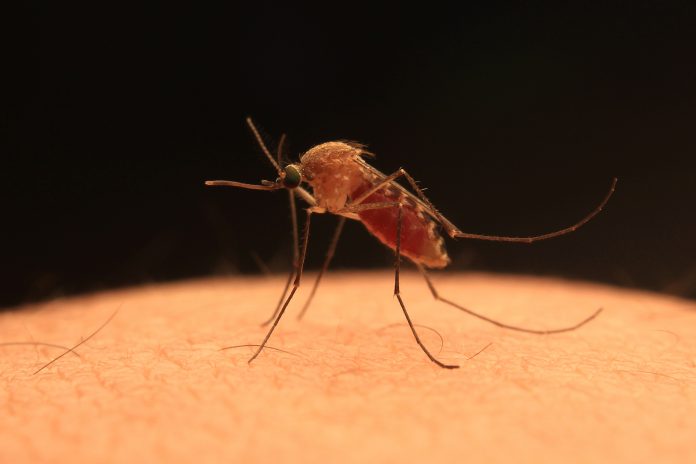To tackle diseases like malaria, yellow fever and dengue, researchers have been studying the distribution, diversity, and abundance of mosquitos
Mosquitoes are the world’s deadliest flies. With over 3000 species, they pose numerous risks to humans through disease – the risks they pose to humans are only increasing with the threat of climate change.
The HumBug project, developing methods to identify different species of mosquitoes, used their acoustic signature – or sound – of their flight tones.
As captured on a smartphone, over five years’ worth of research was released with the data of acoustic mosquito flight tones of 36 different species, in over 20 hours of audio recordings the team labelled and tagged precisely.
Mosquitos are responsible for over one billion cases of disease, and result in over 1 million deaths each year
The study used sound to categorise different species, generating unprecedented levels of necessary high quality, spatially accurate mosquito occurrence and abundance data without any risk to survey participants.
The Humbug system takes the recordings, with their location and time, and uploads them on the app to a server which detects the sounds of the mosquitos and thus, identifying their species.
Co-Principal Investigator Professor Stephen Roberts said: “Making our extensive dataset openly available will prove hugely beneficial to entomologists and mosquito domain experts. The scale of the data and associated algorithms is unique.
“We hope it will enable a better understanding of mosquito behaviour, distribution and help manage the threat they pose to humans.”
Using algorithms to distinguish species according to their acoustic signature
This is the first large-scale multi-species dataset of acoustic recordings of mosquitoes tracked continuously in free flight.
The HumBug Project is supported by a grant awarded through the 2014 UK Google Impact Challenge, the ORCHID project and the Bill & Melinda Gates Foundation. With data collection sites in Kenya, Thailand and Tanzania, the UK, and the USA, this research is to be presented at the 35th Conference on Neural Information Processing Systems 2021.








